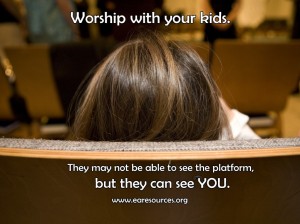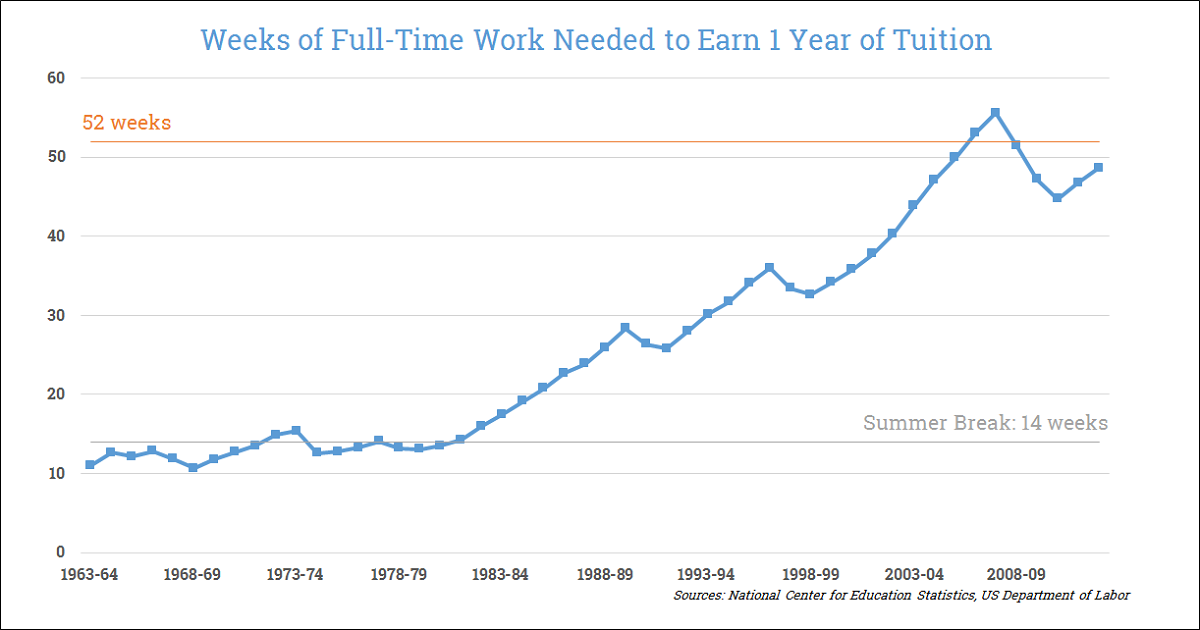What makes a man? The answer to this question is what drove me to start EA Resources. The answer to this question is the foundation of MTAB. Manhood is more than a beard. Manhood is more than driving a truck, owning a firearm, watching Monday night football, having a wife, or producing babies.
It is not simply a question asked by the prepubescent boy, but by males at a variety of ages.
I recently came across an attempt to answer that question by Albert Mohler. Dr. Mohler is the President of the Southern Baptist Theological Seminary. Dr. Mohler attempts to answer the question “When does a boy become a man?” on his blog. I want to respond to the answer that he gave, and share why his answer are lacking at best, and at other times – hurtful.
 Dr. Mohler and I agree that this topic addresses one of the most important issues that Christians face in today’s society. I also agree that as Christians we should form our responses from a Biblical perspective.
Dr. Mohler and I agree that this topic addresses one of the most important issues that Christians face in today’s society. I also agree that as Christians we should form our responses from a Biblical perspective.
However, I disagree with the author at various points. (He gives 13 areas of maturity that men must attain – whose alliteration reminds me of sermons from the 80’s, and had too many points to make anything stick).
The main points are from the article, and I will respond briefly to each.
1. Spiritual maturity sufficient to lead a wife and children.
While I clearly believe in the spiritual maturity of men, I do not believe that spiritual maturity is a mark of manhood. If you subscribe that spirituality is required for manhood, then it follows that all non-Christians are not men. (While spirituality is an aspect of human development, this is an example of over-spiritualizing human development.) While we desire for all men to be spiritually mature, there are men who are spiritually mature and spiritually immature. (For developmental markers of adulthood, please read my post).
There is a bigger problem with Mohler’s comment. Dr. Mohler seems to require that men have a wife and children. If this is not true, he could have replaced the words with “others.” His definition of manhood is available only to Christians who are married, and been blessed with children. I know many men who either by choice or circumstances are single or without children. What message does this send to these men?
2. Personal maturity sufficient to be a responsible husband and father.
Once again, Mohler adds the requirement of being a husband and father. Mohler says, “In the Bible, a man is called to fulfill his role as husband and father. Unless granted the gift of celibacy for gospel service, the Christian boy is to aim for marriage and fatherhood. This is assuredly a counter-cultural assertion, but the role of husband and father is central to manhood.”
If being a father is central to being a man, I am surprised at how little instruction is given in the Bible concerning being a father. The Bible is more filled with the story of Jesus, and how he came to redeem us and thereby calling us to bring redemption to the world.
I am surprised that the one we are called to emulate – Jesus – was neither a husband nor father. Humans can hold to many roles including: husband, father, brother, neighbor, uncle, friend, teacher, worker, and leader. Responsibility can be revealed through any of these roles in life.
3. Economic maturity sufficient to hold an adult job and handle money.
 I agree with Mohler when he says, “A boy must be taught how to work, how to save, to invest, and to spend money with care. He must be taught to respect labor, and to feel the satisfaction that comes from a job well done, and a dollar honestly earned.” I believe that one of the three developmental tasks of adulthood is vocation. There is a lot of wrong teaching about what vocation is within the church. Vocation can be defined as how “God has chosen to work through human beings who, in their different capacities and according to their different talents, serve each other.” (Veith, 2002)
I agree with Mohler when he says, “A boy must be taught how to work, how to save, to invest, and to spend money with care. He must be taught to respect labor, and to feel the satisfaction that comes from a job well done, and a dollar honestly earned.” I believe that one of the three developmental tasks of adulthood is vocation. There is a lot of wrong teaching about what vocation is within the church. Vocation can be defined as how “God has chosen to work through human beings who, in their different capacities and according to their different talents, serve each other.” (Veith, 2002)
I also believe that our manhood should not be linked with “hold[ing] an adult job” (whatever that expression means). I feel as if this expression rules out jobs held by hard workers in entry-level positions due to the inaccessibility of education. It is important for a man to provide for his family (I Timothy 5, 2 Thessalonians 3), and to work. I have seen some friends whose manhood never shined brighter than when they were in a period of unemployment or under-employment. It is important to know that our approval before God is not dependent on whether or not we currently have a job.
4. Physical maturity sufficient to work and protect a family.
Like all other points, this one requires all males to be married and have children. However, he also attempts to link physical maturity with protecting a family. I am thankful that he acknowledges that some males due to injury or illness are exempt from his standard – however the standard is still flawed.
Is physical might the only means by which a man might protect his family? I don’t feel as if calling 9-1-1 is less manly than pulling out a gun, chasing down an intruder. I feel as if Mohler wants to say that all real men own a gun, but doesn’t go quite that far (for which I am thankful). While I have no trouble with men who own guns or built a pair of guns at the gym, I don’t think that either is required for manhood.
5. Sexual maturity sufficient to marry and fulfill God’s purposes.
As puberty rates decline and marriage rates escalate, the time between a male’s sexual maturity and the moment at which they enter marriage expands. During this time, we must help boys as they wrestle with sexual desires and question their sexual identity. I appreciate Mohler’s desire to call both boys and men to purity.
6. Moral maturity sufficient to lead as an example of righteousness.
 “Stereotypical behavior on the part of young males is, in the main, marked by recklessness, irresponsibility, and worse.” Unfortunately, society often establishes negative stereotypes for young men. As the church, we need to change the metanarrative (or the descriptive story) of adolescence and young adulthood. If we continue to characterize youth as a time of reckless wandering from God, then young men will continue to meet those expectations.
“Stereotypical behavior on the part of young males is, in the main, marked by recklessness, irresponsibility, and worse.” Unfortunately, society often establishes negative stereotypes for young men. As the church, we need to change the metanarrative (or the descriptive story) of adolescence and young adulthood. If we continue to characterize youth as a time of reckless wandering from God, then young men will continue to meet those expectations.
“Biblical manhood does not develop in a vacuum.” Mohler is correct that manhood does not happen in theory, but in the context of our lives. Overall, I would like to see him acknowledge that manhood can be fully achieved without having a wife and children. The church must stop making singles and childless couples feel like second-class citizens.
The piece overall speaks not about moving from adolescence into adulthood, but characteristics he wants Christian men to exhibit. Therefore, he leaves his original question unanswered, and leaves young men trying to complete a laundry list of ideals in order to grasp their identity.
For my perspective of moving from adolescence into adulthood, please go here.
References: Veith, Gene. God at Work. 2002
(Here is my continued critique of Mohler’s points.)
Dr. G. David Boyd is the Founder and Managing Director of EA Resources.
 Emerging adults face an endless array of possibilities. For those who are not equipped to face these decisions, the job can become over-whelming. Earlier this week, I wrote on Six Reasons why Decision-making is so difficult for Emerging Adults.
Emerging adults face an endless array of possibilities. For those who are not equipped to face these decisions, the job can become over-whelming. Earlier this week, I wrote on Six Reasons why Decision-making is so difficult for Emerging Adults.












![sessums-mother-daughter-679867-h[1]](http://www.earesources.org/wp-content/uploads/2013/12/sessums-mother-daughter-679867-h1-300x271.jpg)





 In part one of my
In part one of my 



